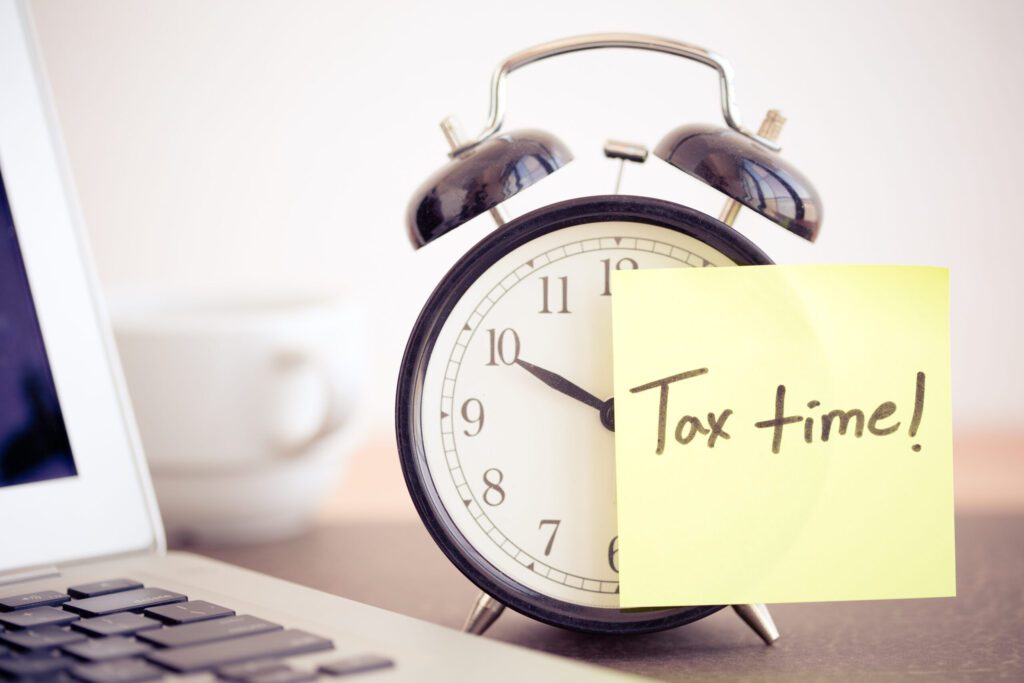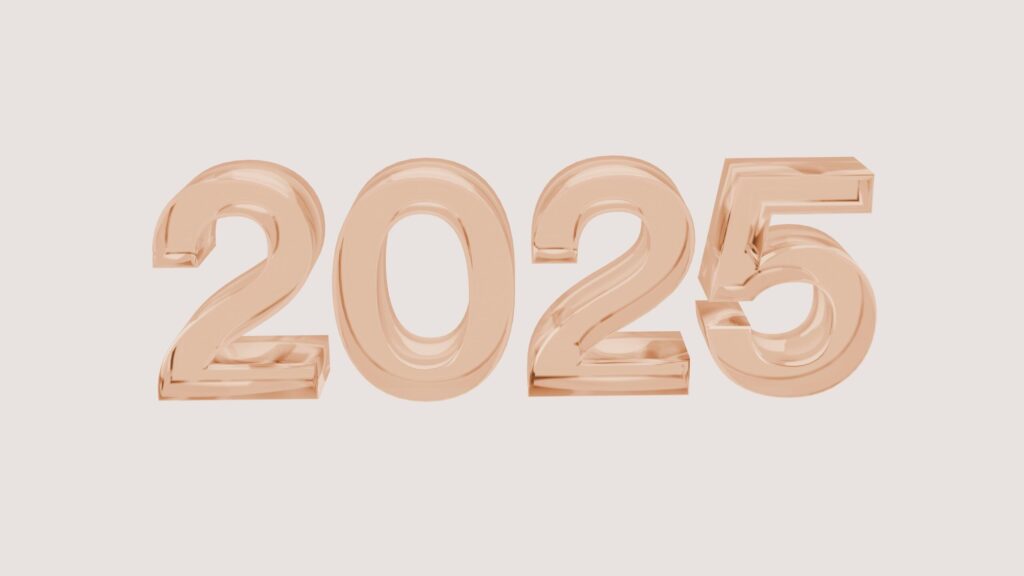When individuals (or businesses) cannot pay their debts, they may choose to file bankruptcy. Bankruptcy is the process of assigning any exempt assets you may have over to a Licensed Insolvency Trustee for liquidation to go towards your creditors in exchange for the clearance of your debt. When it comes to secured debts, a creditor will want to realize upon any collateral they may have against an individual to receive as much money as possible. In this scenario, they may appoint a receiver in order to liquidate the assets. So, what is receivership? You may have come across the term ‘receivership’ before – quite possibly when hearing that if you file bankruptcy, you go into receivership. Contrary to popular belief, bankruptcy and receivership are not the same thing. In fact, receivership has its own definition in line with the Bankruptcy and Insolvency Act. In this article, we explain all you need to know about receivership in Canada.
What is receivership?
In the context of a personal bankruptcy, the receiver is the individual or entity that takes possession of a debtor’s assets and liquidates or distributes them to the creditors in accordance with the Bankruptcy and Insolvency Act. Receivership also involves tasks including submitting tax returns on behalf of the debtor. Receivership is not applicable to every personal bankruptcy. In fact, it is only relevant when there are secured debts to be handled. These secured debts will need to be liquidated so that they can be distributed to creditors – for instance, a car. While receivership is sometimes necessary for bankruptcy, it is not typically a part of the process of filing a consumer proposal. This is because generally speaking, consumer proposals will allow you to keep your assets while reducing your debt by up to 80%. Although there is sometimes confusion by individuals perceiving bankruptcy and receivership to be the same thing, receivership is an important part of the bankruptcy process.
Who do receivers work for?
During personal bankruptcy, the receiver is typically your Licensed Insolvency Trustee – the only professionals in Canada legally able to file all forms of debt relief. They work for both the debtor and creditor. This means that they are tasked with getting the best result for both you and your creditors. Licensed Insolvency Trustees will deal with your assets through bankruptcy, and will often also be managing your bankruptcy too. In some instances, receivers are appointed by the court. Privately appointed receivers will be appointed by creditors to liquidate some assets which will have been used as collateral against a debt. This can happen outside of a bankruptcy – perhaps because the debt has not been paid. The receiver can then collect the asset in order to help resolve the debt. Usually, however, in bankruptcy a receiver will be appointed by the court to begin the bankruptcy process.
What do receivers do?
Receivers essentially carry out the following tasks as part of their role:
- Taking control of property and assets
- Monitor liquidation proceedings
- Distribute the proceeds to creditors in order of priority
For many Canadians, bankruptcy is the ideal form of debt relief to resolve debt. Sometimes, it will involve receivership. Essentially it is just part of the bankruptcy process and a task for your Licensed Insolvency Trustee. If you have further questions about receivership and how bankruptcy works, book a free consultation with a Licensed Insolvency Trustee at Spergel today. We have been helping Canadians gain financial freedom for over thirty years.



















